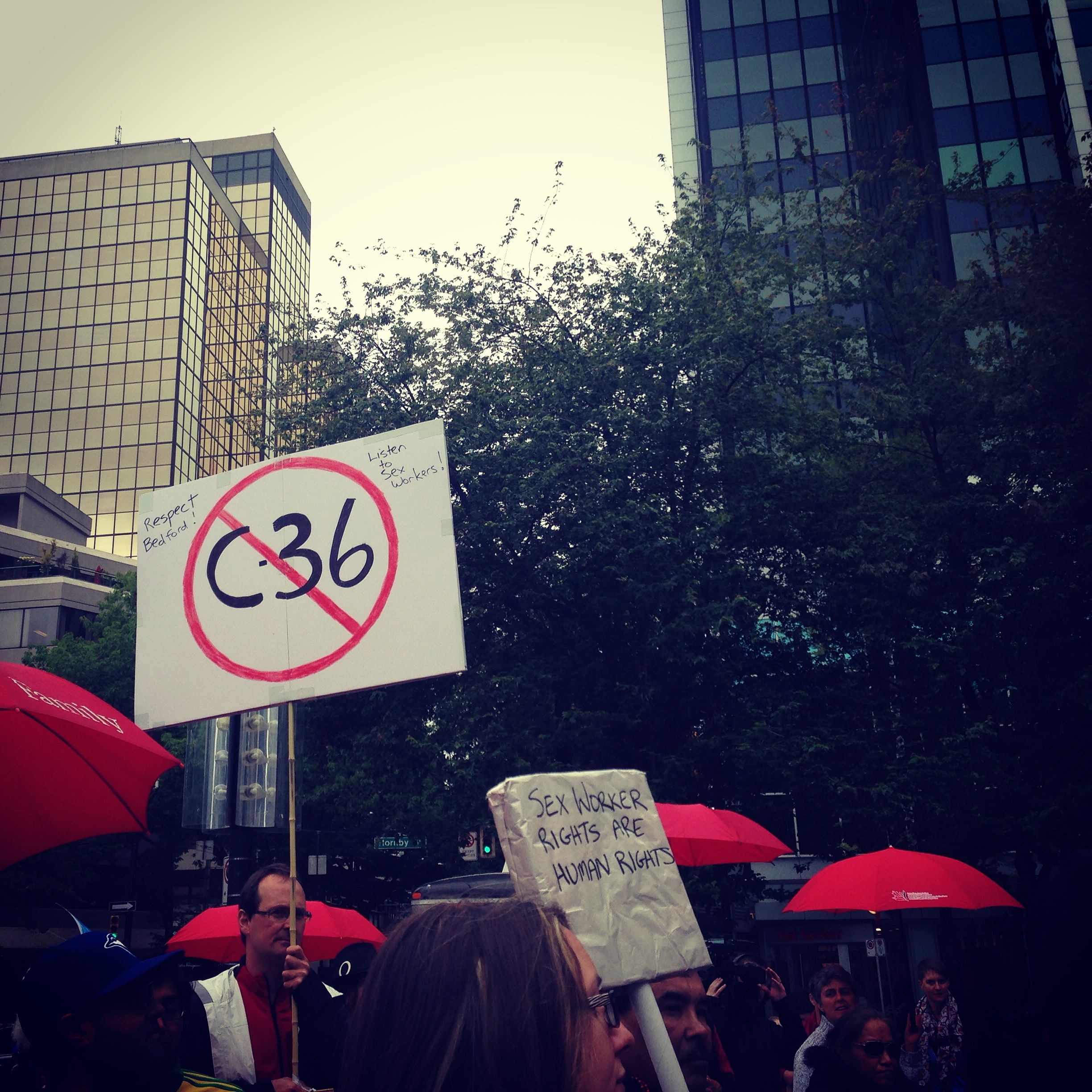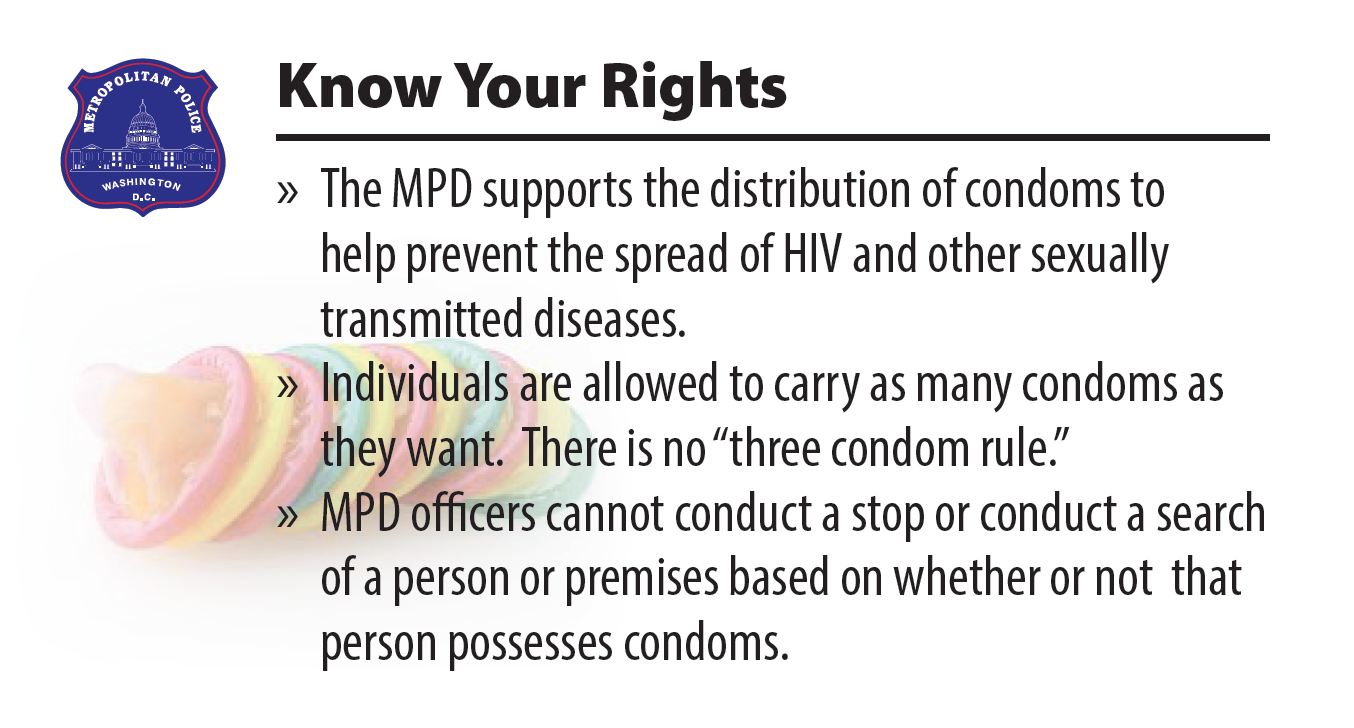Warning: Major spoilers below. Game of Thrones, HBO’s biggest show, is bringing the fantasy genre to the masses in a major way. Featuring a sprawling cast and storyline that’s been pared down from George R.R. Martin’s series A Song of Ice and Fire, it’s full of fantastic performances, high production values, international sets and scenery,… Continue reading Support Hos: Game of Thrones
Canada’s Doomed Compromise On Prostitution Laws
On June 4, Canada’s Justice Minister Peter MacKay introduced Bill C-36. According to the Pivot Legal Society, this legislation will, if passed, criminalize “the purchase of sex, communicating for the purpose of selling sex, gaining material benefit from sex work, and advertising sexual services.” It would be functionally impossible to establish brothels, agencies, and sex… Continue reading Canada’s Doomed Compromise On Prostitution Laws
The Week In Links—June 20
In Washington, D.C., police make an effort to make sure sex workers know that condoms (in whatever quantity) are not admissible evidence. The Network of Sex Work Projects has put together a short film about the damage anti-sex work anti-traffickers do: Collateral Damage: Sex Workers and the Anti-Trafficking Campaigns. Very bad news about Jill Brenneman’s… Continue reading The Week In Links—June 20
A Tidal Wave, Not A Fire Hose: Access To Condoms In New York And Why It Is Important To Decriminalization Struggles
I’m a community organizer for Red Umbrella Project, and for the past year and a half I’ve been one of the leaders in the struggle to ban the use of condoms as evidence of all prostitution-related offenses in New York. We recently had a great victory in this campaign with a NYPD directive issued that… Continue reading A Tidal Wave, Not A Fire Hose: Access To Condoms In New York And Why It Is Important To Decriminalization Struggles
Criminalizing Their Choices: Following Up on AB 1576
Now that California’s AB 1576—which would mandate condom use on porn sets—is in committee in the California State Senate, we wanted to follow up on our earlier coverage of the legislation. We asked two progressive porn performers, Jiz Lee and Conner Habib, about how they felt the proposed law would affect the future of California… Continue reading Criminalizing Their Choices: Following Up on AB 1576




